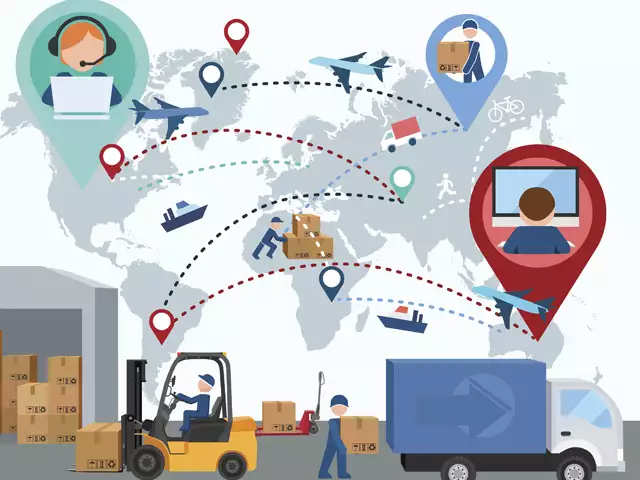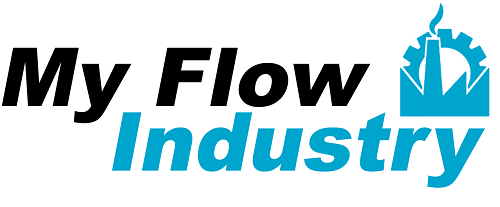
Transportation keeps the economy running, quite literally. India as one of the fastest-growing nations in the world, is totally dependent on transportation to connect its 5.23 million km of roads running through the length and breadth of the country. Transportation, as an industry, also contributes significantly to employment and revenue generation.
Indian logistics market project to grow at an average CAGR of 10.5% between 2019 and 2025, will be driven by innovative transport and logistics solutions. The widespread growth of e-commerce has also led to a huge demand for transport and logistics start-ups in the country.
There are immense opportunities in the segment for new business enterprises. However, being a part of this growing industry will need some groundwork and thorough preparation. Let us take a look at things you need to consider before you plunge into the transport business.
Transport Business – Things you need to consider
Prior to GST (Goods and Services Tax), the transportation business was facing huge challenges in terms of overwhelming paperwork and complex tax structure. Tax collections like octroi and entry taxes at every check post were a tedious process. This not only slowed down the movement of vehicles but also resulted in an increase in operational costs for business owners. Rules and tax slabs varied from state to state, making it cumbersome for transport operators to keep track of their transactions.
The introduction of GST provided much-needed relief to the industry. Some important changes were made in the tax structure and collection processes to keep the wheels moving fast. But before we get into the details of how to start your business under GST, there are a few other things that need your attention.
To begin with, you need to consider whether you want to get into passenger transport or goods transport. This will decide the type of vehicles you will need. Consider the pros and cons carefully before making a decision.
You also need to consider the cost involved in the business. This will, in turn, depend on the scale at which you wish to start. Ideally, the transportation business needs some initial capital to procure the vehicles, but operational costs can be derived from the interim income. So think of the number of vehicles you wish to start with and the personnel required for maintaining those vehicles. Some portion of the cost will also include procuring the necessary licenses to run the business.
You need to be careful while hiring the staff. Drivers and helpers should be scrutinized thoroughly for work experience, background checks, and overcall conduct. Also, take into account marketing, advertising, and customer service for the business.
GST for Transport Business
GST law recognized GTA (Goods Transportation Agency) as any person who provides service in relation to transport of goods by road and issues a consignment note by whatever name. Transportation done by road except for the services of GTA or a courier agency is exempt from GST.
GTA not only provides transport service but is also responsible for intermediate or ancillary services such as loading/unloading, packing/unpacking, trans-shipment, and temporary warehousing of goods as and when required.
Service providers can register online through the GSTN portal. A temporary reference number (TRN) is generated on the submission of the application. Applicants can check the TRN status on the portal.
GST differentiates between the individual vehicle owner and GTA through the consignment note. A consignment note is an essential document issued by the GTA against the receipt of goods for the purpose of transporting these goods by road in a goods carriage. The consignment note contains some important details about parties involved in the transaction, means of transportation, and goods to be ferried.
- Name of the consignor
- Name of the consignee
- Registration number of the carriage of the goods
- Serial number
- Details of goods transported
- Place of origin
- Destination
- Person liable for paying tax that is consignor, consignee or GTA
Transport agencies should be registered as GTA to avail of the benefits of GST. The transport service provider is liable to get registered under GST in a state or UT if aggregate business annual turnover in a financial year exceeds Rs. 20 lakhs. However, the registration is not required if the tax on goods being transported is borne by the recipient under the reverse charge mechanism, even if the annual turnover exceeds Rs 20 lakhs.
The tax rate for GTA can be anywhere between 0% to 18% depending on the type of goods they are carrying. For instance, the transport service is completely exempt from GST if the goods belong to any of the following categories –
- Agriculture produce or organic manure
- Military/defense equipment
- Newspapers or magazines registered with the Registrar of Newspapers
- Relief materials for victims of natural/man-made disasters or other mishaps
- Household goods for personal use
- Gross amount of the goods being carried is less than Rs 1500
GTA can also claim relief under GST if the input tax credit is not being claimed.
E Way bill is another mandatory document for transport service providers. Instead of the physical bill, an E Way bill is generated on the GST platform using Form GST EWB 01. The E Way bill has been made compulsory since 1st April 2018 and is mandatory for transportation of goods of value more than Rs 50,000.
E Way bill will be accepted anywhere in the country. However, some states have revised the limits to obtain E Way bill. For instance, the Tamil Nadu state government has mandated the generation of E Way bill if the value of the goods is more than Rs 1 lac instead of Rs 50,000. Transporters serving within the state of Tamil Nadu can avail of this benefit using the GST code 33 while furnishing details in the E Way bill form.
Transportation is undergoing a transformation driven by technology. Regardless of the mode of transportation, you need to keep abreast of the changes and grasp them as fast as possible. The government has also rolled out many initiatives and made necessary reforms in the tax structure to help the industry flourish. Make sure you understand the basics when you get your wheels rolling.
